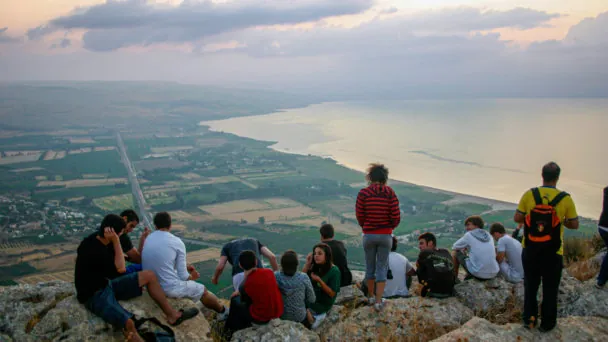I had just begun my second year in college when I dropped out to join the conscientious objector wave protesting the Vietnam War. It was a short jump to marijuana, a blues-rock band, and more drugs. But then I met Connie, the love of my life, and we married in 1969.
We became happy, full-fledged hippies and lived in several communes nestled in the beautiful mountains of northern New Mexico. I was a devout organic farmer and for six years we farmed enough to live the life we wanted. We built a one-room house made of rocks and mud—Navajo Indian style—with no electricity nor indoor plumbing. My philosophy of life included Native American pantheism, Eastern mysticism and astrology, with the assurance that mankind was good, and that if I worked hard enough, I could create my own purity.
But one day tragedy struck our lives. An extremely dear friend was murdered in cold blood. My mish-mash philosophy gave me no answers for why my buddy’s life ended so brutally, so wrongly. I was undone. Suddenly I knew that man was not inherently good. I realized I could never become truly pure and unselfish.
One day Connie said she had met two interesting hippies and had invited them to supper. As we sat eating our simple meal of tortillas and beans, they started talking about Jesus. Suddenly, in my mind’s eye, I saw Him. I was no longer aware of anything around me. I saw Yeshua on the cross. His eyes locked on mine, and I felt His love being poured into me. It was His eyes. I suddenly knew that His suffering was God’s response to the injustice and evil of the world. It was also His response to my own inability to live the pure life I so longed for. I had an instantaneous life-changing experience. My wife, Connie, had already secretly believed in what these two Jesus-believing hippies had witnessed to her. We repented and never turned back.
Jesus is Jewish
My parents had considered the Bible to be “fables” and life after death was in no way literal. When Connie and I became believers in Yeshua in 1972, we did it because we knew He was real. But we never considered that what we were doing was part of our destiny as Jews. The Old and New Testaments always seemed separated by vastly different portraits of God.
Then one day, while reading the Gospel account of the Last Supper, it dawned on me that this meal was a Passover Seder celebrating our deliverance from Egyptian slavery in Moses’ time. Suddenly, the Bible was one book—not two. And much like the Old Testament, the New Testament was a story by Jews about Jews!
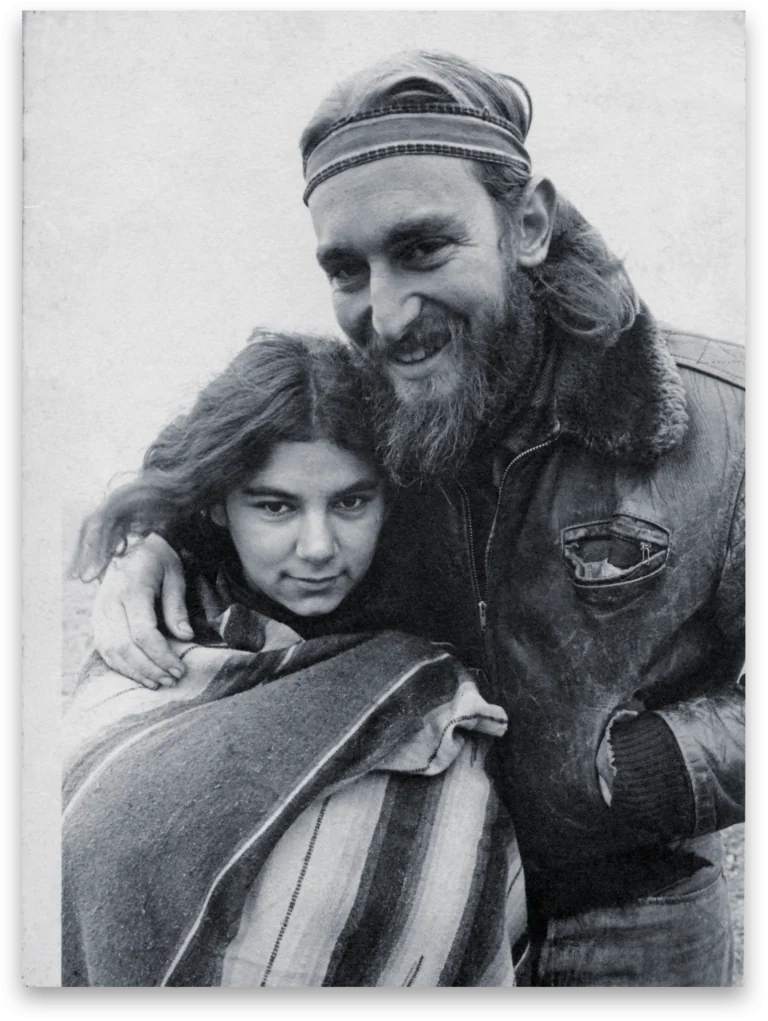
Eitan and Connie Shishkoff in their hippie days
Jews for Israel?
In 1977 I was in a meeting where Shira Sorko-Ram was appealing to believing Jews to make aliyah. It was the first time I heard that God’s plan included bringing the Jewish people back to Israel from all the countries to which we’d been scattered. In the margin of my notebook I wrote, “This is our destiny. One day we will live in Israel.”
When I look back, that was a profound turning point. Shira boldly challenged us, as Jewish believers, to examine the Scriptures about Israel’s restoration/resurrection. Pointing to passages in Isaiah, Jeremiah, and Ezekiel, she set the stage for me to hear God’s voice in my heart.
At that moment, I wanted to be part of this drama foretold by Israel’s prophets. And yet, 15 years would pass before the timing would be right for our move. When the time came, we would leave our role as elders at Beth Messiah, a booming Messianic Jewish congregation in Maryland. We would leave lifetime co-workers. At the time, our family included a son and daughter of college age, and an active four-year-old whom we named Avi, short for Abraham.
It was a strange thing to be in our mid-40s, deciding what belongings from our 20+ years together to pack and what appliances to buy that would work with Israel’s 220 electric voltage. It was even more surreal when during these preparations Connie found out she was pregnant! Apparently, the Creator wanted us to experience Israeli life from birth onward.
We had so many questions about how to do life in Israel and needed answers from people with real-life experience. We’d become acquainted with the Sorko-Rams at Messianic conferences and had done radio interviews with Ari on our Gates of Zion radio show. So, we called them to give us up-to-date facts about living in Israel. But it was their constant encouragement that helped us the most in this intense transition.
Once we arrived, as part of our absorption into Israeli culture, I started a business with another English-speaking immigrant. We began a mobile service known as “car-detailing.” We repaired small damage to bumpers, dashboards, and windshields. The going was rough. And though nobody got rich by any means, the days spent “pounding the pavement” for work, and meeting Israeli customers on their own turf, earned us invaluable street smarts.
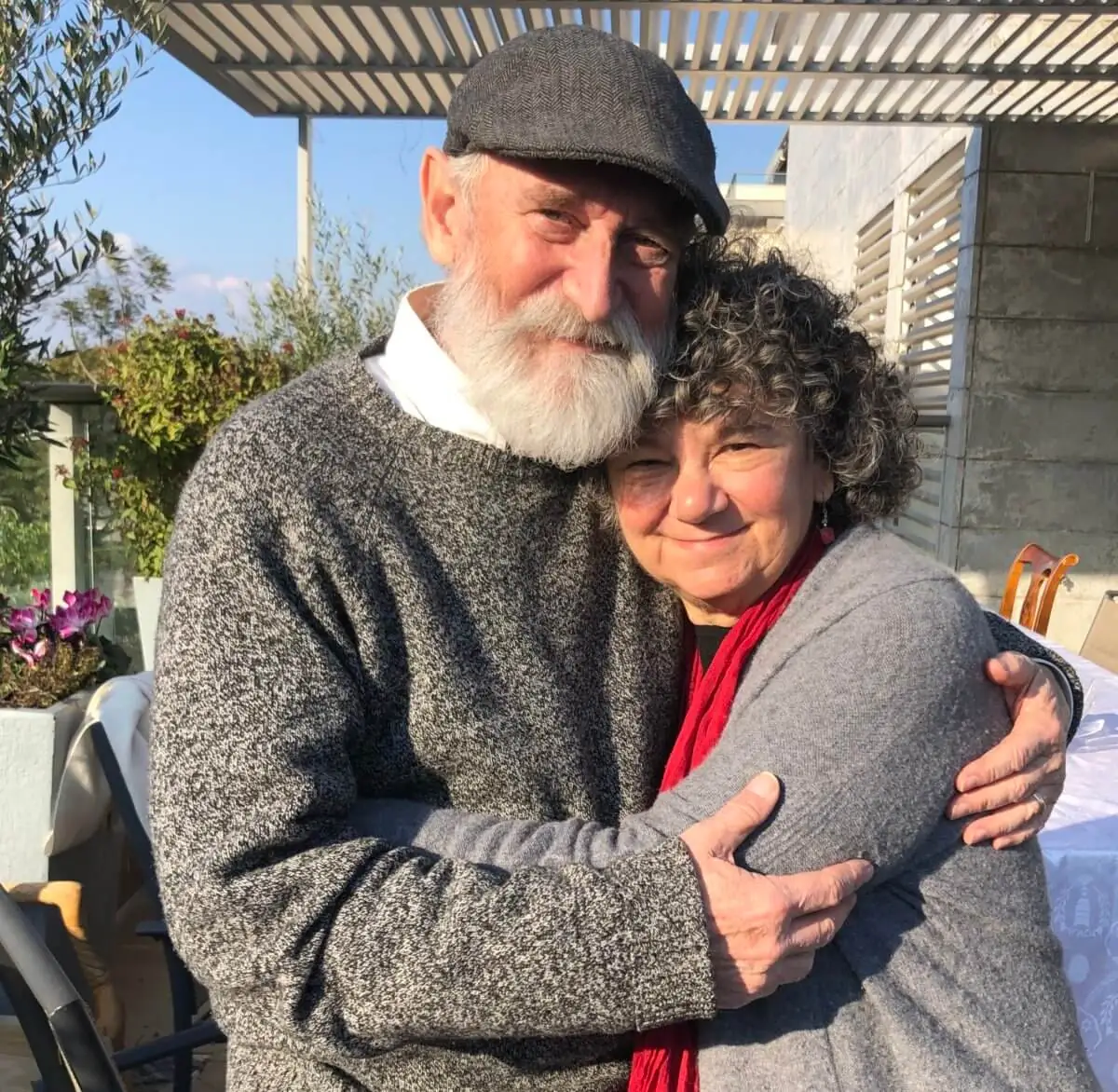
Eitan and Connie Shishkoff today
Born in a Warehouse
At the same time, we started a house group that multiplied into several more. We met other Messianic believers who were looking for fellowship and some not-yet-believers who would soon receive Yeshua. They wanted to join forces and meet as a congregation. So, we began searching for a place, and found ourselves looking at a run-down warehouse in an out-of-the-way industrial area in Kiryat Yam (meaning “town by the sea”).
Before signing a rental contract, I came back and walked around the property praying. “Lord, is this where you want us?” Then, in reply, I heard inside myself, “If I could be born in a stable, why can’t you see a congregation born in this warehouse?” We rented the place and began cleaning it up. Our first meeting was on December 3, 1995. We called ourselves Tents of Mercy.
Of all the random languages I could’ve studied in my unsaved college days back in the 60’s, I had studied Russian. So, when more than a million Russian Jews flooded Israel in the 90’s, I had a solid foundation to minister to spiritually-starved Jews who had just escaped from anti-God Soviet Communism.
Pioneering in Galilee
In the early days of our Tents of Mercy Congregation, I wore many hats. At first, I led worship (in Hebrew, Russian, and a little English), gave the messages (in my beginner Hebrew, with Russian translation), and provided transportation for those attending (very few immigrant believers had their own cars). We bought a Torah scroll—typical of every synagogue throughout the world. It contains Genesis through Deuteronomy, written by hand. We began reading from it each week, always pointing out the integral connection with the New Covenant.
Within a couple of years, to our gratitude (and delight!), two families of co-workers from our U.S. congregation also decided to make aliyah and join our new-born congregation. Showing how God sovereignly puts together ministries, Moshe and Katya Morrison’s teaching gifts gave depth to our congregants’ understanding of being a Jewish follower of Yeshua.
Marc and Leah Chopinsky came a year later. Leah was a prayer warrior and Marc was the consummate musician and composer. As a Messianic pioneer, he had written many songs known throughout the English Messianic movement and translated many of them into Hebrew.
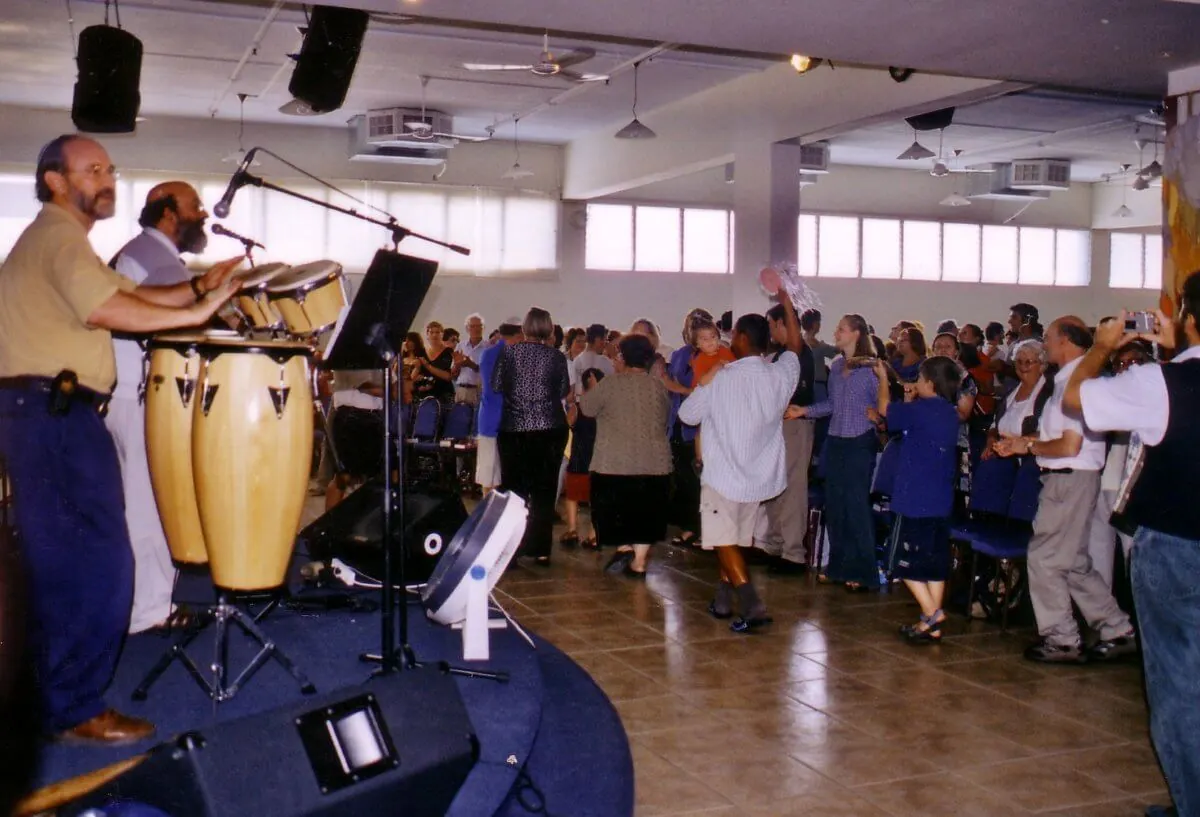
Eitan and Marc Chopinsky leading worship at their Tents of Mercy congregation
Haredim Strike
In the late 1990’s, members of Israel’s government were attempting to pass laws against our freedom to worship and share our love for Yeshua. In October of 1997, a major paper that had previously published an inflammatory article about the national Messianic youth conference published an article describing the perceived war Haredim (ultra-Orthodox Jews) were declaring on the growing Body of Jewish believers in Israel. Three days later, I was awakened by a phone call. “Our building is on fire! You’ve got to get down here!” When I arrived, there were fire trucks and flames shooting out of the roof. Learning there were no people inside, my thoughts turned to our precious Torah scroll we kept in the main hall. I ran in with an elder from the congregation and together we pulled it out unharmed.
In many ways it was a defining event that accelerated our course. The sudden and total destruction of our administrative headquarters including extensive smoke, burnt Bibles scattered on the floor and water damage, left our small facility in a shambles.
The next day a police investigator found phosphorus residue, indicating a military level explosive. Someone powerful was sending us a message that we weren’t welcome in our area. Somehow our tiny congregation was a threat to the massive religious status quo.
But the immediate local and international outpouring of support actually paved the way for us to move into a better place! After all, this was our home no less than it was theirs. And our gathering together to worship Yeshua in the land of our ancestors was a phenomenon foreseen by the prophets. To us, if our meeting place was worth bombing, it must be worth establishing!
Within a few years, our one congregation birthed four more in the northern Galilee area. Eventually we did what every successful Jew dreams of doing—passing on their life’s work into the hands of capable descendants. And so, Tents of Mercy is now led by Avishalom and Hannah Tekle—our son-in-law and daughter—where it has blossomed as they built extensive relationships with the local citizens.
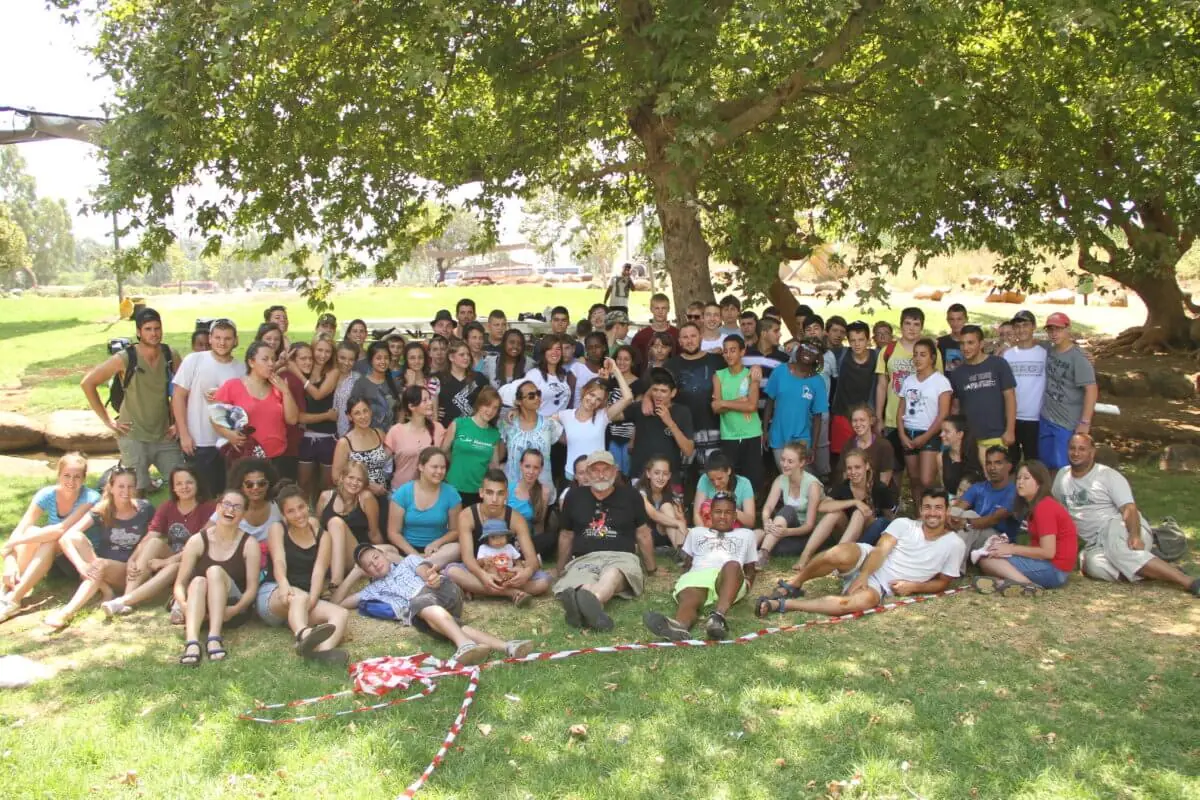
Eitan sitting in the middle with youth from the Katzir camp
What about the youth?
As the congregation grew, I noticed that the teenagers in our congregation were languishing, and a bit marginalized. Being a Messianic teen in Israel is hard, in that being a teen is hard anyway—and adding Jewish belief in Yeshua is still way outside “normal” Israeli culture. So, as a pastor, I felt compelled to do something about it. I was convinced the future of our movement rested with our youth.
Around that time, in the mid 90’s a U.S. ministry called Souled Out began holding events for Israeli Messianic youth. These kids from Chicago were singing, dancing and witnessing on the streets. From the deep-hearted way our young people responded, I was impressed and was ready to learn all I could from them. They understood how to create environments of worship where God’s presence could change lives.
One thing had to change, though—ministry to Israeli youth had to be in Hebrew. Otherwise, their experience of God would not be able to reach the core of Israeli culture. For five years I volunteered to work side by side with the Souled Out team as their leaders, Cathi and Ed Basler, continued to bring groups to Israel several times a year.
Out of this bold and anointed ministry of Souled Out, we birthed Katzir. Katzir means “harvest” in Hebrew. We launched our first Katzir conference in the winter of 2000, during the holiday of Hanukkah. The governing board of Katzir, from the beginning, has been made up of leaders from several congregations, including Ari, thereby giving excellent oversight and support from multiple streams.
In the last two decades of youth camps, thousands of young Israelis have been served by counselors and speakers, and basked in the joy of just being with a bunch of other kids who follow Yeshua. Many have supported Katzir over the years, as we only charge one-third of the actual cost for the conferences. This enables families of all economic conditions to send their youth. Among those who’ve contributed the rest of the costs, Maoz stands out as our strongest donor. I can’t conclude my story without giving abundant thanks for the incredible way Maoz has stood with us.
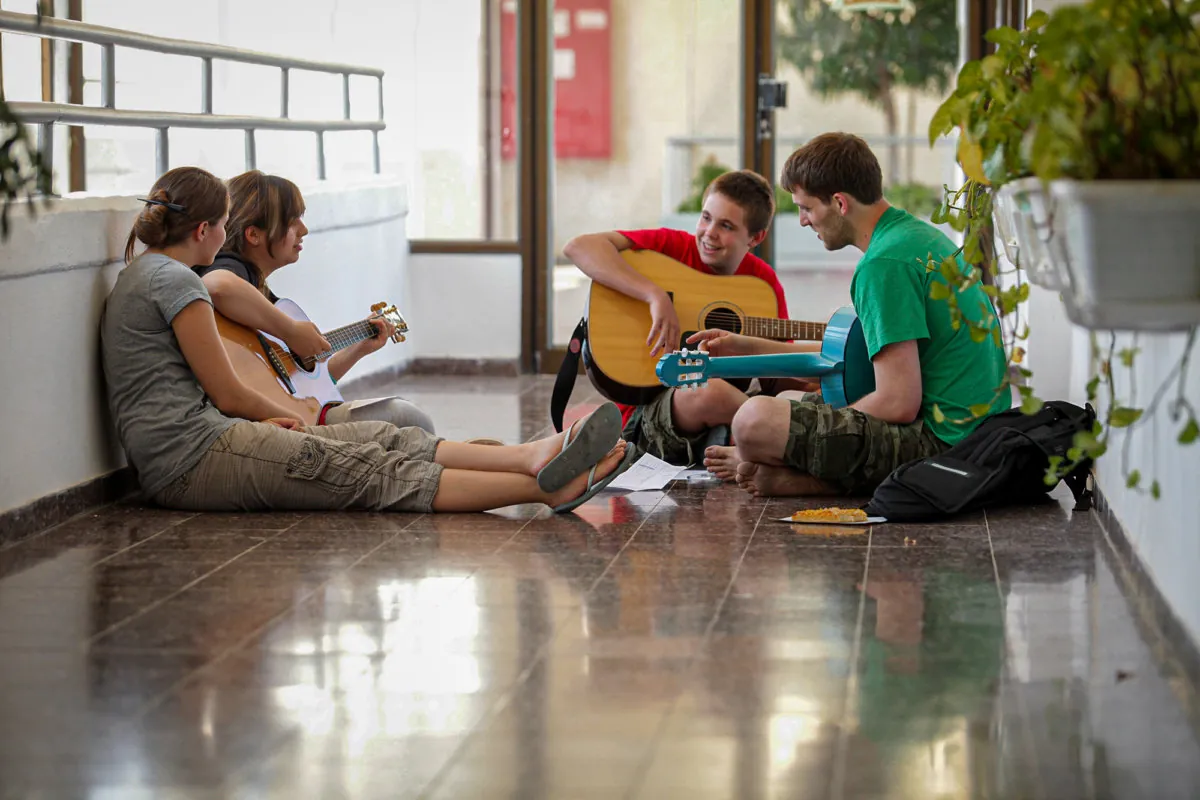
Youth practicing worship songs during their time at camp
Many things in Israel take years of prayer and toil to bring to pass, which makes a victory extra sweet. Property ownership is one of those things. It means being able to have a facility tailored to the means of the work. It means not having to wonder if the owner will want to raise rent or sell at a whim. But most of all, it means being able to worship and minister without fear of being kicked out. That is why we’re so grateful for the new facility we’ve just purchased in the Golan Heights that will be used for the intensive, extended discipleship of young people. There are no short cuts when it comes to impacting Israel, but there are definitely milestones—and this is surely one!
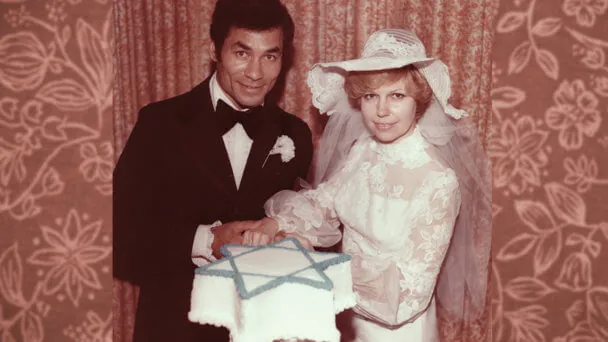
How it all began
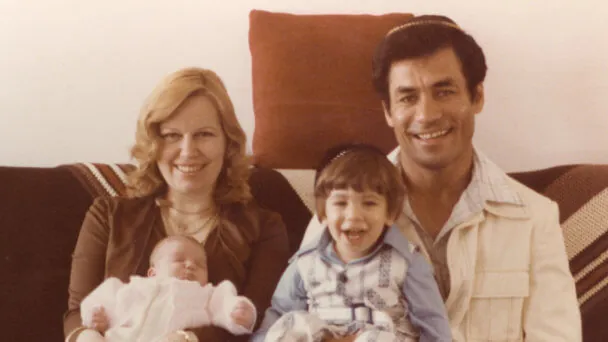
When Ari Met Shira
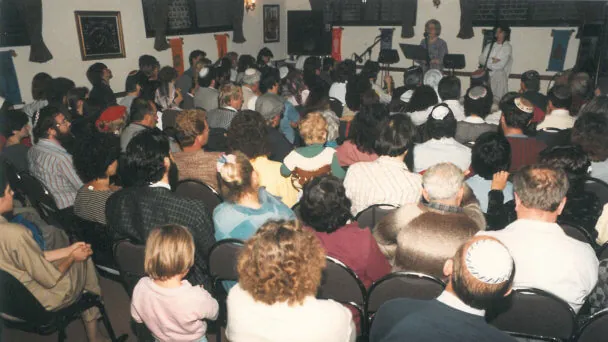
The First Congregation
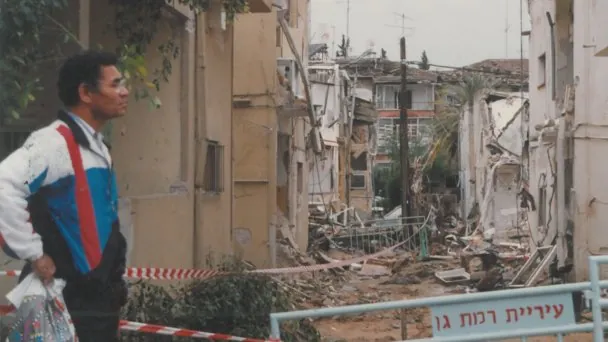
The War, the Immigrants and the Training Center
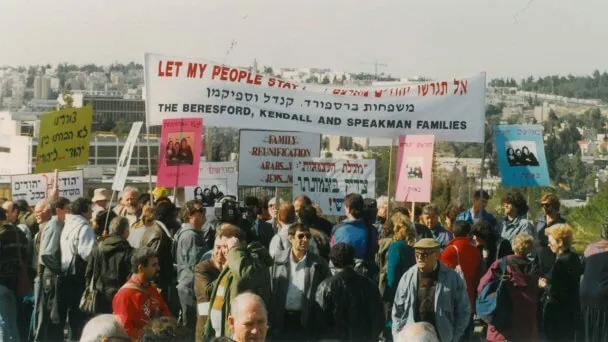
Israel’s Second Underground Railroad
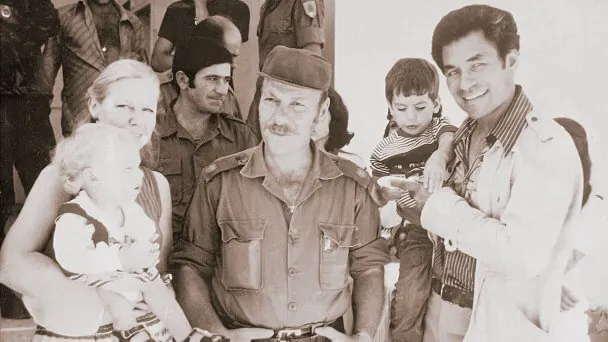
The Major and the Millionaire
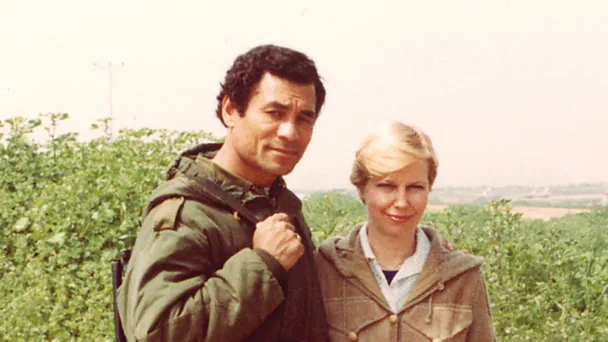
Diary of an Israeli Soldier

The Right to Exist
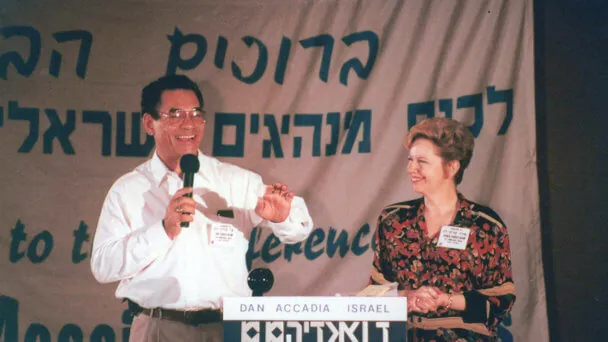
Never Say Never
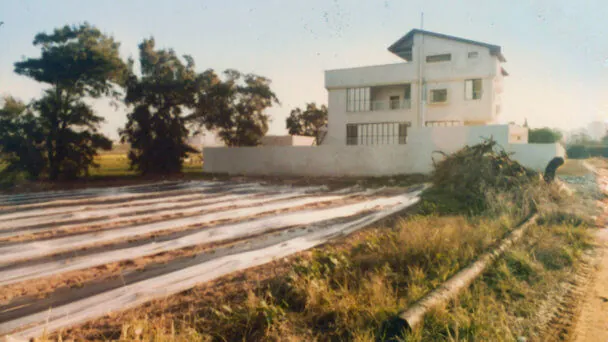
The Birth of Tiferet Yeshua
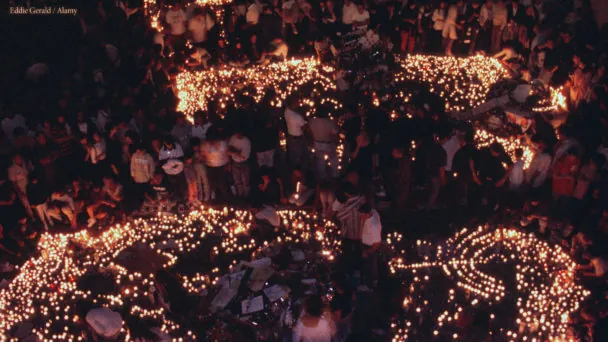
A Spark in the Dark
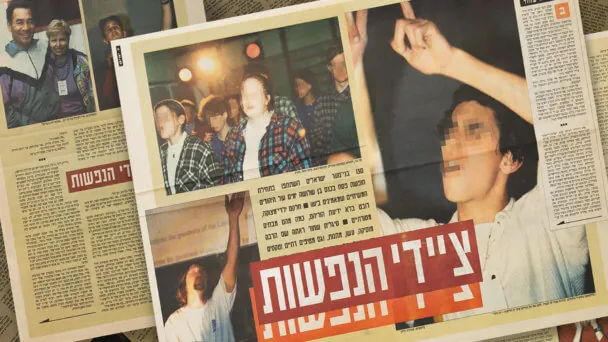
The News & The Police
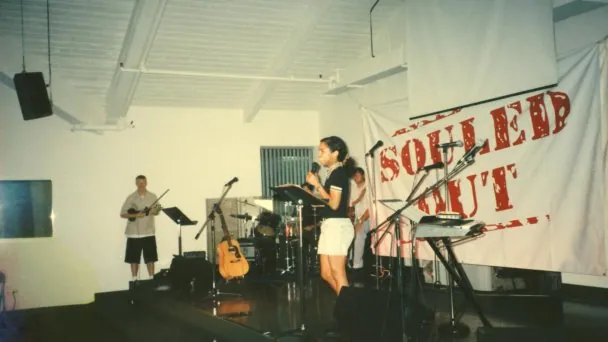
Souled Out Comes to Israel
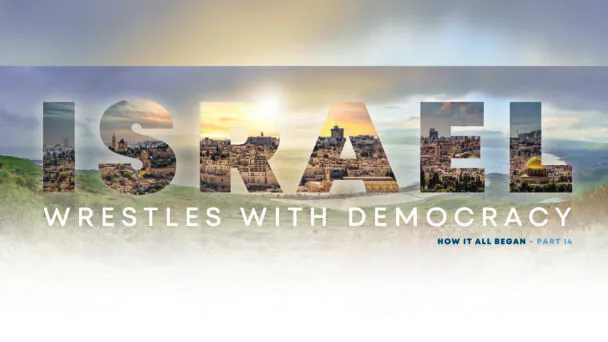
Israel Wrestles with Democracy
